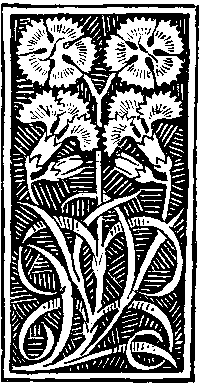Last Empress Fiction and Asian Neo-Victorianism
Keywords:
ageing, Asian neo-Victorianism, China, Cixi, Last Empress fiction, global neoVictorianism, neo-Victorian gerontology, post-feminismAbstract
This article claims that ‘Last Empress’ fiction about the Empress Dowager Cixi reveals the postcolonial ethics of Anglophone neo-Victorianism. ‘Last Empress’ texts naturally tend to be bookended by the narrative of a naïve yet ambitious teenage concubine entering the imperial palace and the image of the Empress Dowager, as depicted in Bernardo Bertolucci’s 1987 film, The Last Emperor, rotting on her deathbed. This emphasis on Cixi’s ageing body as a metaphor for China’s perceived humiliations in the past manages and contains, for Western readers, a similar commodification of ‘China’ as a new economic and political powerhouse and brand. This article reads a range of ‘Last Empress’ texts from Anchee Min’s popular historical fiction, Empress Orchid (2004) and The Last Empress (2007), to metafictional critiques such as Da Chen’s My Last Empress (2012) and Linda Jaivin’s The Empress Lover (2014), to the Singaporean blockbuster musical, Forbidden City: Portrait of an Empress (2002), and situates them amongst arguments about race, ageing and neo-Orientalism. Cixi’s continued visibility in biographies, fiction, and film recasts conventional understandings of neo-Victorianism as neo-Victorian gerontology: the problematics of rejuvenating (women in) the past, (post-)feminist ‘time crisis’, and new kinds of invisibility for women past and present. At the same time, ‘Last Empress’ fiction offers opportunities to reflect on the geographical pressures Asia can put on the ‘neo-’ in the term ‘neo-Victorian’ and the difficulties of performing truly global neo-Victorian readings.


